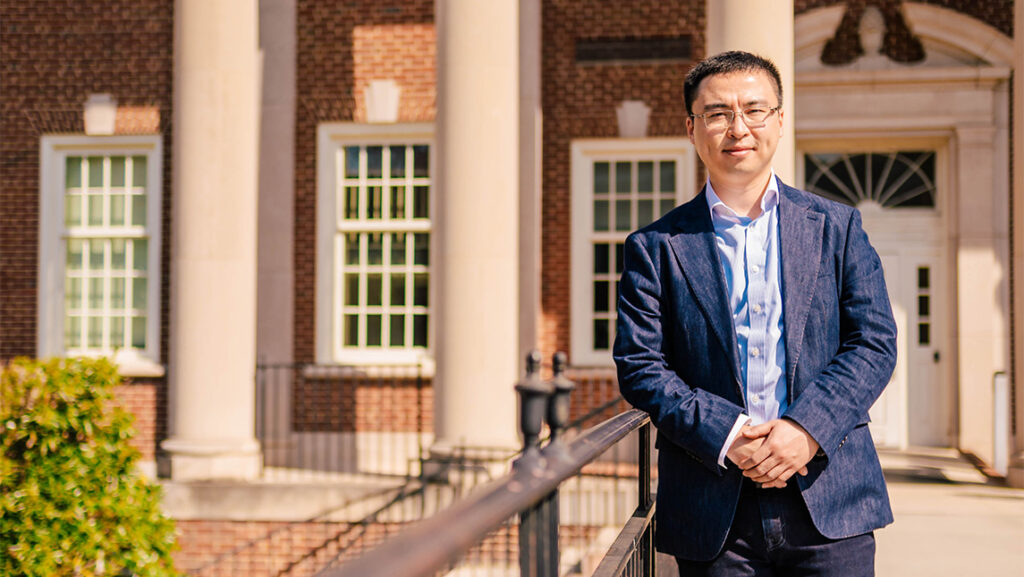
Dr. Christopher Kepley (Joint School of Nanoscience and Nanoengineering) received new funding from UNC Chapel Hill Lineberger Comprehensive Cancer Center for the project “Testing Human Mast Cells as a New Strategy for Cancer Immunotherapy.”
The role of human tissue mast cells (MC) in the pathology of cancer is controversial. Nonetheless, high densities of MC is associated with favorable prognosis in certain types of cancers suggesting an anti-tumor effect.
The researchers discovered that human adipose cells can be differentiated into autologous, fully functional MC capable of releasing mediators upon FceRI stimulation that induce breast cancer (BC) cell death. Researchers have also found, for the first time, that primary human MC and their adipose-derived stem cell precursors can be transduced with a lentiviral vector carrying green fluorescence (GFP) protein without affecting function.
This discovery indicates the ADMC could be transduced with other tumor killing molecules to create a “super killing” MC with potent and diverse anti-tumor activity specifically delivered to tumors and will allow researchers to clearly define the role of MC in cancers that may have further implications for therapeutic strategies.
The researchers’ overall hypothesis is anti-tumor IgE sensitized ADMC, with or without transduction with therapeutic enhancing anti-tumor mediators, elicit significant anti-tumor activity. To test this hypothesis, researchers will transduce ADMC and adipose stem cells (that differentiate into ADMC) with genetic modules that increase their therapeutic potency and compare their in vivo anti-tumor activity to non-transduced ADMC in immunocompromised xenograft models. These studies will help determine the role of MC in this disease and if they represent a new strategy to target and destroy any cancer for which tumor specific IgE Abs are available or can be developed.


